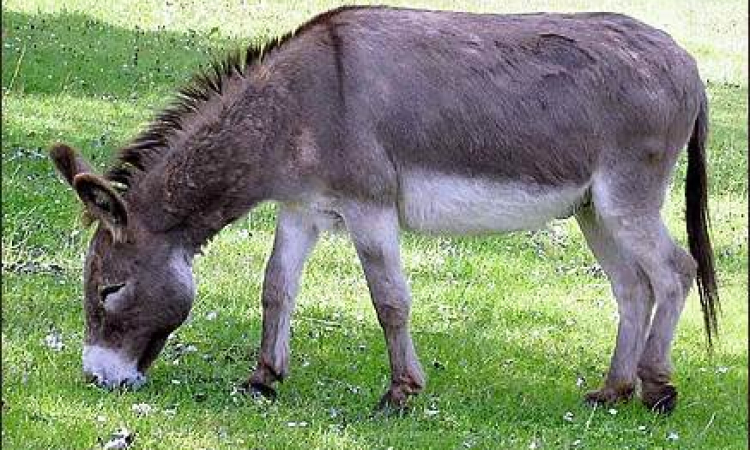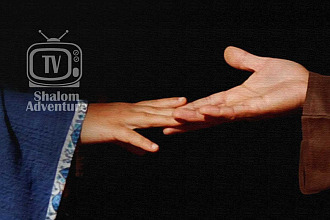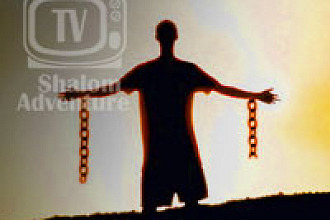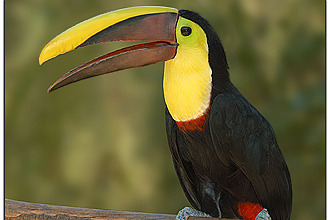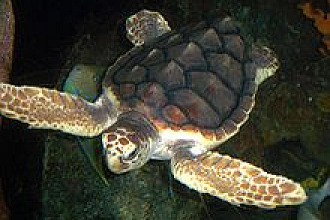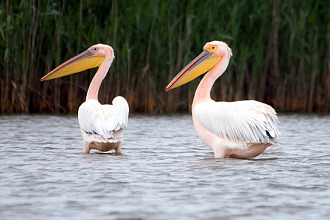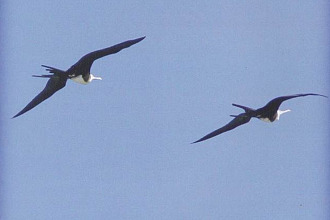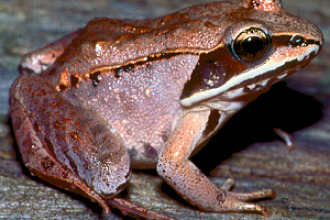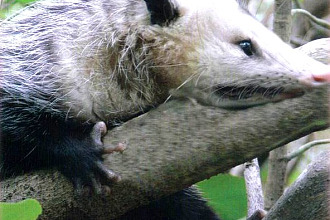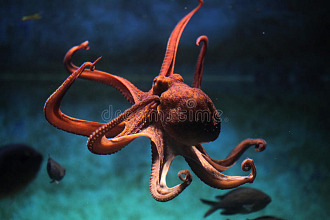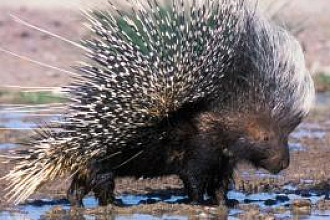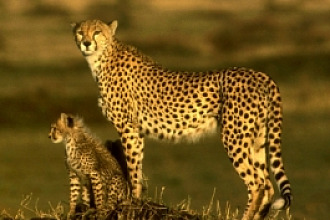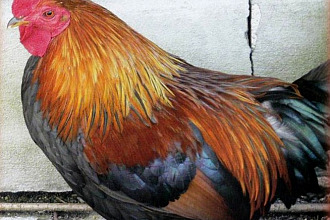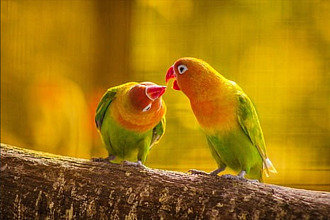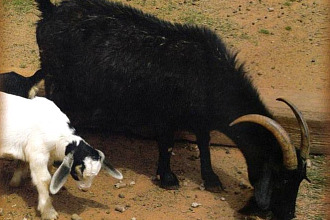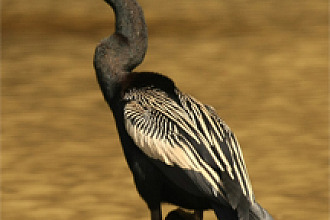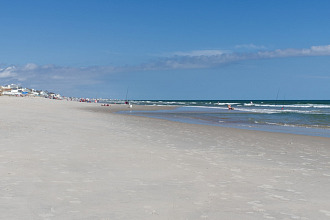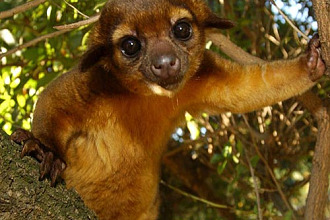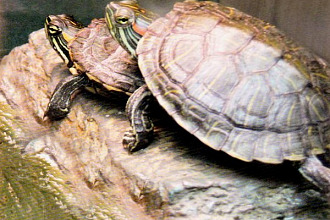Donkeys are often misunderstood and dismissed as "stubborn." But for those who get to know them well, they are wonderful treasures of sensitivity and strength.
For example, it is not by accident that a rancher, needing to halter-break a foal or a calf, will link the collar of a calm donkey to the skittish young animal. Then the two will be placed in a supervised fenced-in field where the donkey will simply go about his daily walk through life. When he chooses to graze, his youthful "attached" prisoner has no choice but to graze also. And so they spend calm time together. If a human comes by, the donkey will go over to greet the human in his own friendly, non-fearful way. His locked-on companion gets the picture fairly fast, learning that humans are not to be feared. The relationship between the two animals continues until it is clear the younger animal has calmed down, accepted a halter, and that life around humans is not terrifying but can be trust-filled. Confinement with the donkey ends, and foal/calf is released. Then, not by accident but example, the now-subdued "youth" is more than happy to run free—even running to the human whom they don't connect with the previous restraint.
That same gentle spirit seems to flow from the donkey toward injured horses which quickly quiet down after surgery when a little donkey-not by accident—is wisely placed close by in their stall. Also, when a high-strung racehorse would hurt itself with its nervousness, again wise owners, not by accident, sometimes bring a gentle-natured donkey into the picture. Its presence calms many a hyperactive racer. Donkeys also have Creator-given not by accident patience with children, as well as a pleasant bonding with the handicapped and elderly. Perhaps most precious of all, not by accident, is that they sense when a human is mentally challenged. The two often seem to quickly form a close friendship with growing understanding between them that all is well, that together they are special, and that together anything can be survived! The donkey's affectionate nature and deliberately slow movements seem to create a non-threatening environment that builds a camaraderie easily embraced by persons who otherwise find the world frightening.
So why do some mock donkeys? Maybe additional info about the "long ears" would help. For example, a donkey—originating from tropical climes—is different from a horse. Its coat is not resistant to water. So they are uncomfortable in rain and melting snow and if they become chilled they're even subject to pneumonia. But donkeys seem to have the good judgment to refuse to step into water or go forward in chilling rain! Also, meat is like poison to them. So it's not by accident they won't eat meat—and can't be forced to do so; it's how they were created! Donkeys graze like cattle, so they are sometimes used in place of guard dogs. But dogs that run loose look a lot like a wolf to a donkey. So, while caring for sheep, since the donkey's protective instinct has no room for canine predators like fox, coyote or dog (unless the dog was introduced to him beforehand via family or as the farm dog), if a perceived predator nears, a donkey will chase the intruder to trample it! In short, a donkey will care for sheep he is assigned to look after, as if they are his own!
A donkey walks at about the pace of a backpacker, who frequently dumps his pack on the back of an uncomplaining donkey. Most any little grey donkey has a dark streak across its shoulders intersecting with a dark streak down its back - making the emblem of a cross. It almost seems like a not-by-accident signature reminder from the Messiah that He had ridden on that animal as He traveled toward Jerusalem the Sunday before His death! The Bible even says that Messiah sent word to the owners saying that He "needed him!
I just pray that if God sent word today that He needed me to carry a burden for Him, I'd respond willingly. How about you?
Originally printed in A Key Encounter newsletter Sept/Oct 2013
Picture originally found here

